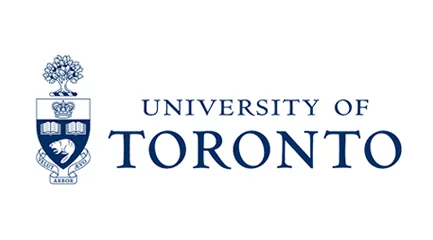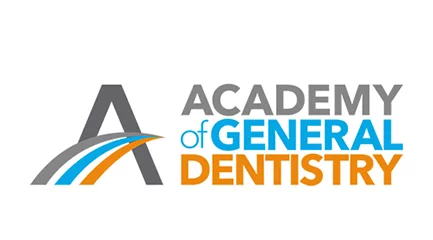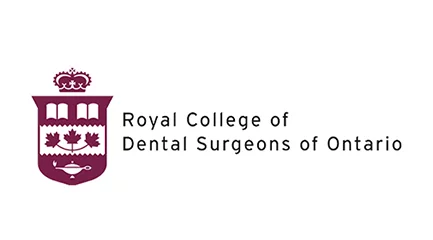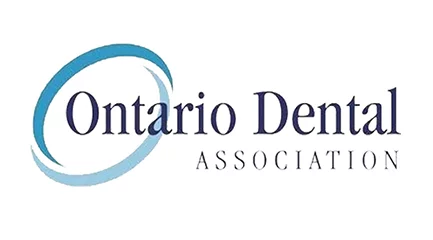SIGNIFICANCE OF ORAL SURGERIES
Oral surgery refers to any surgical procedure performed on your teeth, jaws, gums, and around the neck in order to eliminate irregularities. The specialised surgeon who performs oral surgeries is called an oral surgeon or periodontist. Oral surgery significantly repairs issues like jaw problems, misaligned teeth, cleft lip or palate, etc.
If you have any of the following dental problems, you might need to have oral surgery:
- Extensive tooth decay
- Badly broken teeth
- Gum disease
- Impacted teeth
- Missing teeth
- Temporomandibular joint disorders (TMD)
- Bone loss in your jaw
- Oral cancer
- Benign oral pathology
Oral problems should be treated early because if they remain untreated for extensive periods, they exert harmful effects on overall health as well. If you are looking for oral treatment in Toronto, Ingersoll dental care can prove to be your saviour as we have a professional team of oral surgeons who treat your dental issues with precision and provide you with effective and long-lasting results.
Contact our office at (519) 485-4951 today, or book an appointment with our dental team.
TYPES OF ORAL SURGERIES
There are multiple types of oral surgeries which are performed depending on the extent of the patient’s oral conditions. If an oral issue is in its initial stages, periodontists perform oral surgeries in order to eliminate the irregularities and save the functionality of the original teeth.
On the other hand, when an oral issue has exceeded advanced stages, the affected teeth no longer remain treatable and are extracted to save the form and function of adjacent teeth. The most common type of oral surgery is tooth extraction which is generally performed to stop the spread of infection or decay to the surrounding teeth.
1. DENTAL IMPLANTS
Dental implants are widely preferred for patients who have missing teeth and do not want to get treatments like dentures, dental bridges or crowns. In the dental implant placement procedure, the implant is directly inserted into the jawbone.
Dental implants function like the original tooth and are the most long-lasting option for the replacement of lost or extracted teeth. It is necessary to get dental treatment immediately after tooth extraction as lost tooth spaces can cause dislocation of the surrounding teeth and can lead to severe oral problems.
2. TOOTH EXTRACTION
Teeth are extracted for various reasons, involving the decay has reached deep into the tooth root or into the pulp, causing an abscess, or in case an infection has destroyed a large portion of the tooth or surrounding bone. Teeth are also extracted if they have periodontal infections or if there is not enough room left to accommodate all the teeth in your mouth.
Before a tooth is removed, the dentist will thoroughly review your dental and medical history. The dentists also evaluate your oral conditions through a series of X-rays. X-rays reveal the tooth’s exact length, position, shape, and condition of the surrounding bone. Tooth extraction is also common for wisdom teeth, the last molars on each side of the jaws.
They are the last teeth to emerge, usually when a person is between 17 and 25 years of age. Since wisdom teeth are the last permanent teeth to emerge, there is not enough room left in your mouth to accommodate them. This traps the wisdom teeth beneath the gum tissue by other teeth or bone. Wisdom teeth that appear in crooked form or partially emerge can also lead to painful infections.
Moreover, the teeth removed earlier before the development of roots has fewer complications. Therefore, dentists recommend that people between 15 and 19 should have their wisdom teeth evaluated to see whether they need to be removed.
3. CORRECTIVE JAW SURGERY
Corrective jaw surgery is also called orthognathic surgery. The dentists repair your jawbone’s irregularities and teeth misalignment through corrective jaw surgery and improve the way they work. It corrects issues in the lower face structure, malocclusions, and airway issues.
Corrective jaw surgery also improves your facial appearance. This surgery usually requires 6 to 8 weeks to heal properly, and during this period, patients are advised to avoid chewing hard or sticky food items.
4. ROOT CANAL
A root canal is an effective oral treatment that effectively repairs the functionality of the original tooth rather than extracting it. In this treatment, the infected tooth root, and pulp is eliminated.
After that, the dentist cleans the affected area and fills and seals the space with artificial alternatives. The main purpose of root canal treatment is to save the form and function of the affected tooth and to protect it from future microbial infections.
COSTS OF ORAL SURGERIES
The estimated costs of oral surgeries vary depending on their type and on the severity of your medical conditions. On average, corrective jaw surgery can cost you around $3000 to $80000. Dental implant costs range between $1000 to $6000 per tooth. The approximate costs of tooth extraction fluctuate between $75 to $200 per tooth.
At Ingersoll dental care, you can have the best dental care services often covered by dental insurance. So if you are in need of any of the above-mentioned dental treatments, make the right decision by booking an appointment with us and also get a free consultation session.










